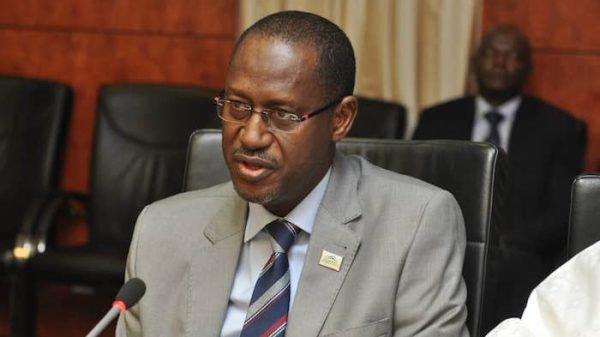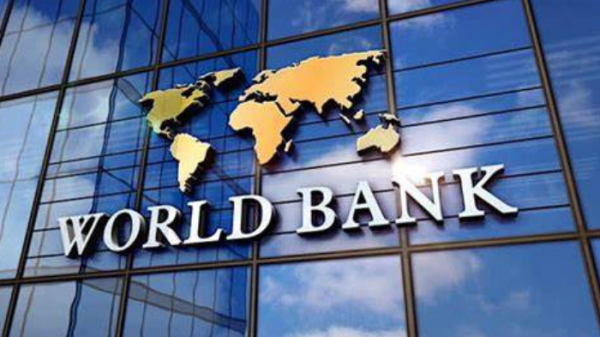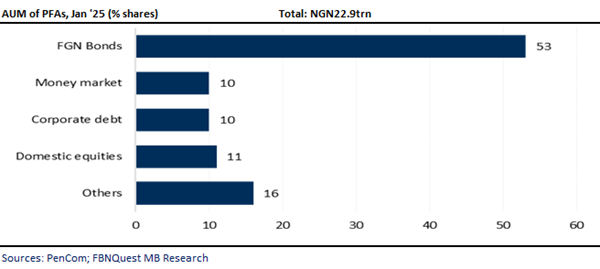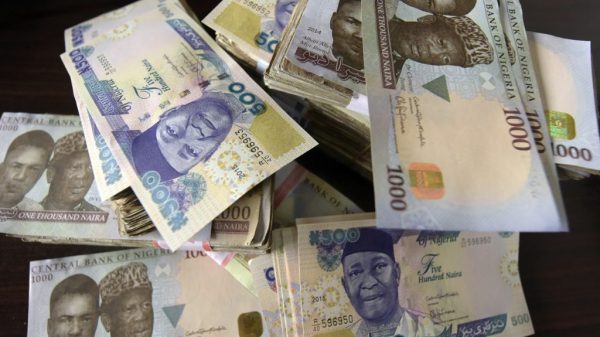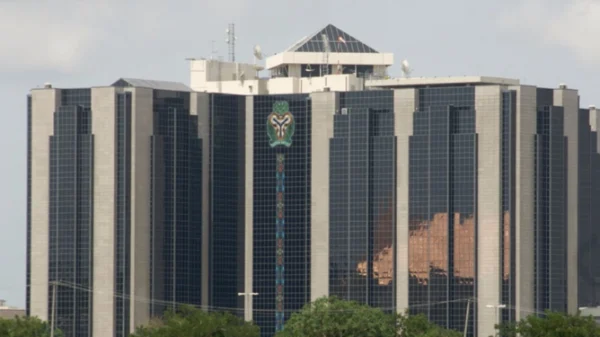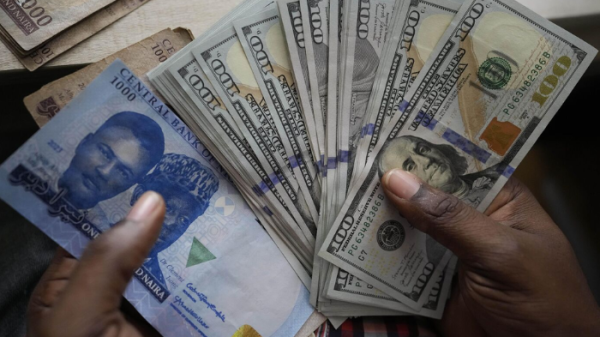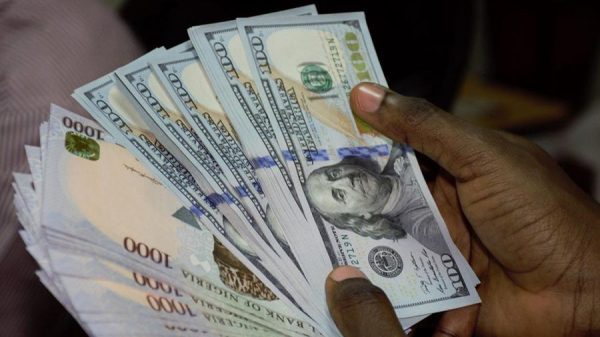On May 21, 2024, the Monetary Policy Committee (MPC) of the Central Bank of Nigeria (CBN) concluded its 295th meeting with a pivotal decision: to increase the Monetary Policy Rate (MPR) by 150 basis points to 26.25%. This move marks a significant tightening of monetary policy to address inflationary pressures within the economy.
Decisions Made by the MPC
The MPC’s decisions can be summarized as follows:
- MPR Increase: The MPR, which influences economic interest rates, was raised from 24.75% to 26.25%. This decision underscores the CBN’s commitment to curbing inflationary trends.
- Asymmetric Corridor: The committee maintained the asymmetric corridor around the MPR, ranging from +100 to -300 basis points. This measure is designed to manage liquidity and stabilize the financial system.
- Cash Reserve Ratio (CRR): The CRR for Deposit Money Banks remains unchanged at 45.00%, ensuring banks maintain adequate cash reserves against customer deposits.
- Liquidity Ratio: The Liquidity Ratio specifies the minimum liquid assets banks must hold, remaining at 30.00%. This regulation aims to safeguard financial stability.
Rationale Behind the Decision
The primary focus of this MPC meeting was to achieve price stability amid persistently high inflation rates. While year-on-year headline inflation showed a moderate increase in April 2024, month-on-month headline, food, and core inflation indicators have declined since March. It suggests that previous monetary tightening measures are starting to yield positive results in controlling inflation.
Challenges and Considerations
Despite these positive developments, food inflation remains a significant concern for the MPC. Factors contributing to this include increased transportation costs for farm produce, infrastructure limitations in distribution networks, security challenges in food-producing regions, and exchange rate fluctuations affecting the prices of imported food items. Addressing these challenges is crucial for sustaining the downward trajectory of inflation.
Economic Context: Domestic and Global
Domestically, headline inflation rose to 33.69% in April 2024, driven by food and core components. However, month-on-month inflation rates have shown a decline, indicating some stabilization.
Real GDP growth for the fourth quarter of 2023 was reported at 3.46%, reflecting growth in both the oil and non-oil sectors. Economic indicators, including the Purchasing Manager’s Index (PMI), suggest continued economic expansion throughout 2024, with forecasts anticipating a 3.38% growth rate for the year.
Internationally, the IMF forecasts global growth of 3.2% for 2024 and 2025, with Nigeria’s growth revised upward to 3.3% for 2024. However, challenges such as tight financial conditions and disruptions in global supply chains due to geopolitical tensions pose risks to these projections. The resulting inflationary pressures on critical commodities like grains and oil necessitate careful monitoring by central banks.
Future Outlook
The MPC remains vigilant in monitoring global and domestic economic developments. The decision to raise the MPR reflects a proactive stance to anchor inflation expectations and foster sustainable economic growth. The committee’s next meeting is scheduled for July 22nd and 23rd, 2024, where further assessments and decisions will be made based on evolving economic conditions.
In conclusion, the recent MPC decisions highlight the Central Bank of Nigeria’s commitment to ensuring economic stability and mitigating inflationary pressures. The CBN aims to navigate challenges and steer the economy toward sustainable growth and strength by employing targeted monetary policy tools.




